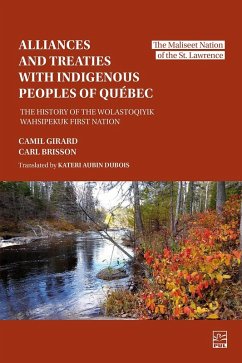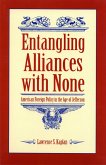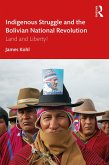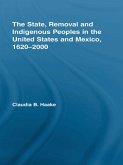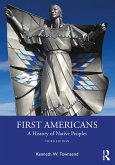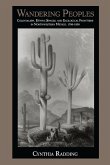We, the Etchemins/Amaliseet/Maliseet/Wolastoqiyik, were the first, along with the Montagnais/Innu and the Algonquin/Anishinabe, to sign treaties of alliance with the French between 1603 and 1605. These treaties originated in the French policy of making and maintaining alliances with the Indigenous Peoples in New France to claim control over the territory, and to stimulate immigration, trade, and the expansion of the colony. [...] In 1987, our Nation was reborn. The federal and provincial governments recognized our Nation (in 1987 and 1989, respectively), after it had been scattered and forgotten following the loss of the Viger lands in 1869. Thanks to the sustained work of families and community leaders, our resurgence began with the creation of the Maliseet of Viger First Nation government. In 2019, the Nation adopted a more representative name in its own language: Wolastoqiyik Wahsipekuk First Nation. This book focuses on the socio-political evolution of our members from their first contacts with Europeans until today. It demonstrates the resilience of our Nation in the time since the occupation of our ancestral territory. Today, access to our territory, cultural reappropriation, and the development of economic and political autonomy are the challenges that must be met to ensure the continuity of our Nation for generations to come Knowing our history, making it accessible to our members and to the non-Indigenous population, is an important step toward us being recognized. Excerpt from the preface: Kevin Morais, Chief Councillor, Culture, Education, Health and Finance (2016 2020), Wolastoqiyik Wahsipekuk First Nation
Dieser Download kann aus rechtlichen Gründen nur mit Rechnungsadresse in A, B, BG, CY, CZ, D, DK, EW, E, FIN, F, GR, HR, H, IRL, I, LT, L, LR, M, NL, PL, P, R, S, SLO, SK ausgeliefert werden.

